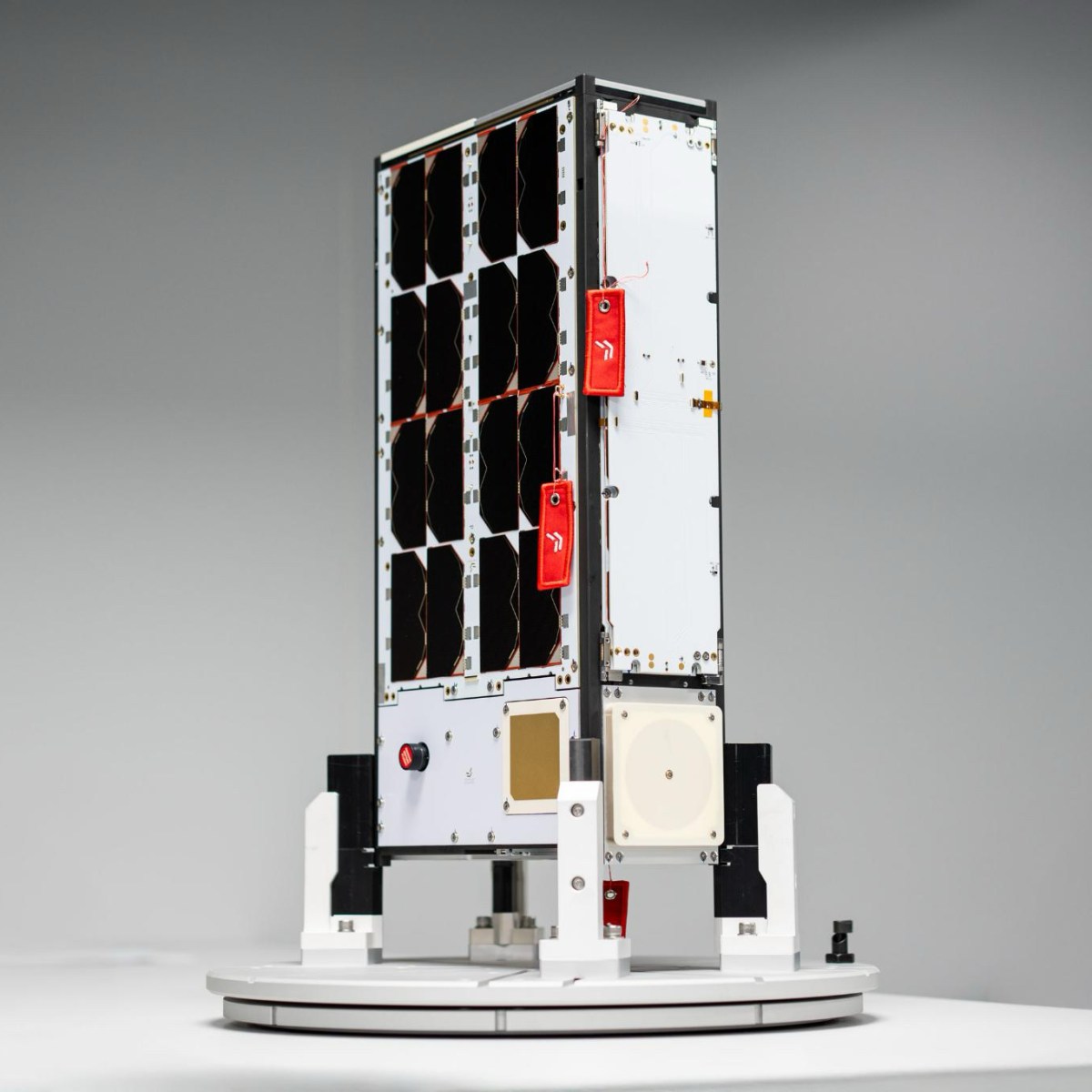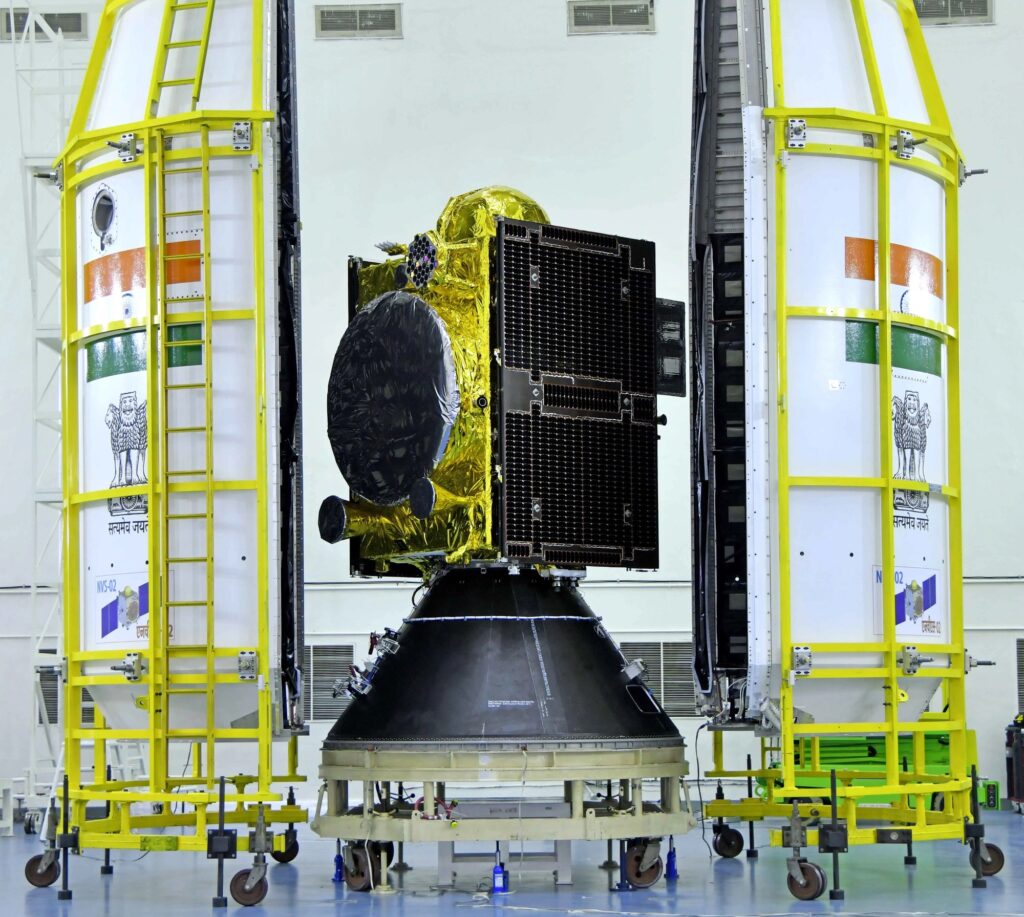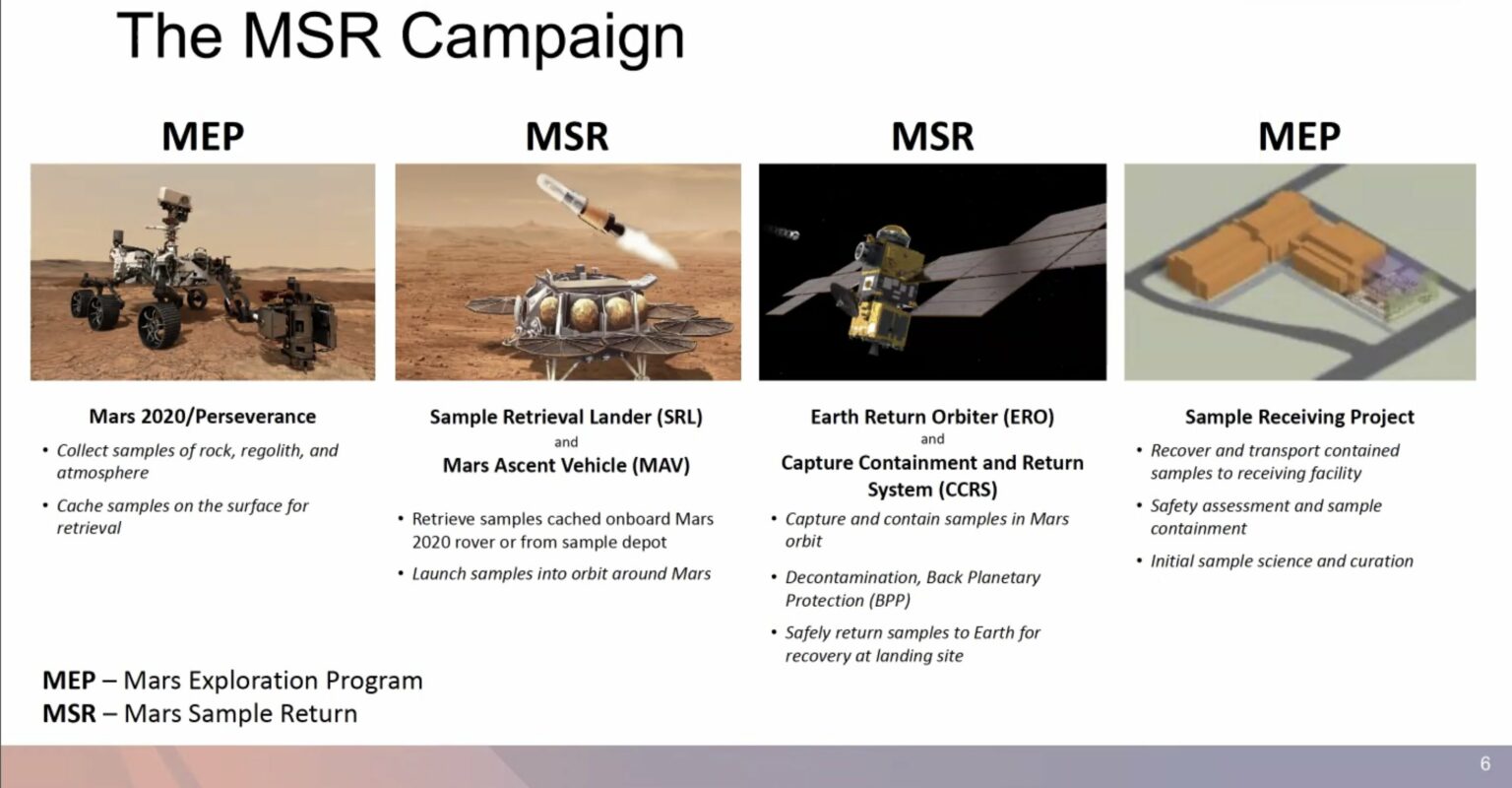Now Reading: Spacecoin deploys first satellite for decentralized space connectivity
-
01
Spacecoin deploys first satellite for decentralized space connectivity
Spacecoin deploys first satellite for decentralized space connectivity


TAMPA, Fla. — Spacecoin said it is successfully communicating with its recently launched debut connectivity satellite, designed to test technology for a decentralized space-based network shared by multiple investors.
“We have established regular communication with the satellite,” Spacecoin founder Tae Oh said, following SpaceX’s Dec. 21 Falcon 9 rideshare mission to low Earth orbit.
The venture aims to start testing its CTC-0 small satellite early next year, initially demonstrating space-enabled text messaging to a specialized handheld antenna but ultimately directly to standard smartphones.
Oh spun the venture out of U.S.-based software firm Gluwa, which specializes in providing financial services to emerging markets using blockchain, a distributed ledger technology often associated with cryptocurrencies that acts like a digital record book.
For Spacecoin, the Creditcoin blockchain platform would help manage a constellation of small satellites by securely tracking operations and facilitating payments without a central authority. CTC, the shorthand symbol — or ticker — for Creditcoin, functions as the transaction medium within the network.
Oh said the network would be more secure without a centralized authority and censorship-resistant.
“By having a decentralized platform, you don’t need to get third party [government or telco] permission,” he said, “you can get directly connected to your content provider, person, or the machine that you want to communicate with.”
He said anyone who adheres to Spacecoin’s open standards — and willing to invest in building and deploying at least one satellite — can participate as a connectivity provider within the network.
An investor would get a pro-rata share of revenues, depending on how much their satellites are used within the broader constellation.
“Let’s say you were a Nigerian telco and launching satellites just to cover Nigeria,” Spacecoin CEO Stuart Gardner said in an interview, “as those satellites traverse and leave Nigerian airspace [they] sit idle until they come back around to target the Nigerian region.
“But, by being part of a broader constellation, as those satellites pass over other areas and other jurisdictions where we have customers, your satellite can then start to provide a service to those regions as well.”
Seeding the network
The CTC-0 prototype was based on Bulgarian manufacturer Endurosat’s 8U model, about eight times the size of a standard cubesat measuring 10 centimeters a side.
CTC-1 slated to launch next year would be 16U, according to Spacecoin, and the venture plans to start transitioning from nanosatellites to microsatellites to significantly boost performance from CTC-2.
“We will also be open-sourcing our designs for our payload and technology,” Gardner added, “so that other satellite companies, manufacturers, or other people who are interested in the space economy can participate in the network.
“Over time, as other companies join our network, it starts to become increasingly decentralized.”
Using funds from Gluwa, Gardner said the startup already has several other satellites in the works to help seed the constellation next year.
Initial satellites would be designed to provide connectivity in the hundreds of kilobits per second range, enabling text messaging and connectivity for small tracking and monitoring devices.
Depending upon the performance of initial satellites, future spacecraft will eventually be geared for higher data rates to support voice calls.
The venture declined to detail the number of satellites it is planning and when they could launch.
Gardner said the venture has already identified low data rate business cases for the roughly 2.6 billion people in the world without internet.
“One of the prospective clients we’re speaking to in India told us that they have 20 million fishermen in southern India who every day go out to sea with zero connectivity,” he said.
“And they are very interested, even at the most basic level, if they can provide SMS capabilities … to these fishermen.”
According to Spacecoin, sharing infrastructure via blockchain protocols could help the company reduce monthly internet costs to around $1-2 per user in emerging markets.
Initial tests would take place in Nigeria, which is among the first countries to allow the venture to test Mobile Satellite Services (MSS) in the S and L spectrum bands.
Spacecoin is not the only company seeking to leverage blockchain capabilities in orbit.
The startup also faces competition from established and global MSS connectivity providers Viasat and Iridium.
Meanwhile, SpaceX and others are seeking to use cellular frequencies to provide direct-to-smartphone connectivity in partnership with local telcos.
Stay Informed With the Latest & Most Important News
Previous Post
Next Post
-
 01Two Black Holes Observed Circling Each Other for the First Time
01Two Black Holes Observed Circling Each Other for the First Time -
 02From Polymerization-Enabled Folding and Assembly to Chemical Evolution: Key Processes for Emergence of Functional Polymers in the Origin of Life
02From Polymerization-Enabled Folding and Assembly to Chemical Evolution: Key Processes for Emergence of Functional Polymers in the Origin of Life -
 03Astronomy 101: From the Sun and Moon to Wormholes and Warp Drive, Key Theories, Discoveries, and Facts about the Universe (The Adams 101 Series)
03Astronomy 101: From the Sun and Moon to Wormholes and Warp Drive, Key Theories, Discoveries, and Facts about the Universe (The Adams 101 Series) -
 04True Anomaly hires former York Space executive as chief operating officer
04True Anomaly hires former York Space executive as chief operating officer -
 05Φsat-2 begins science phase for AI Earth images
05Φsat-2 begins science phase for AI Earth images -
 06Hurricane forecasters are losing 3 key satellites ahead of peak storm season − a meteorologist explains why it matters
06Hurricane forecasters are losing 3 key satellites ahead of peak storm season − a meteorologist explains why it matters -
 07Binary star systems are complex astronomical objects − a new AI approach could pin down their properties quickly
07Binary star systems are complex astronomical objects − a new AI approach could pin down their properties quickly




















